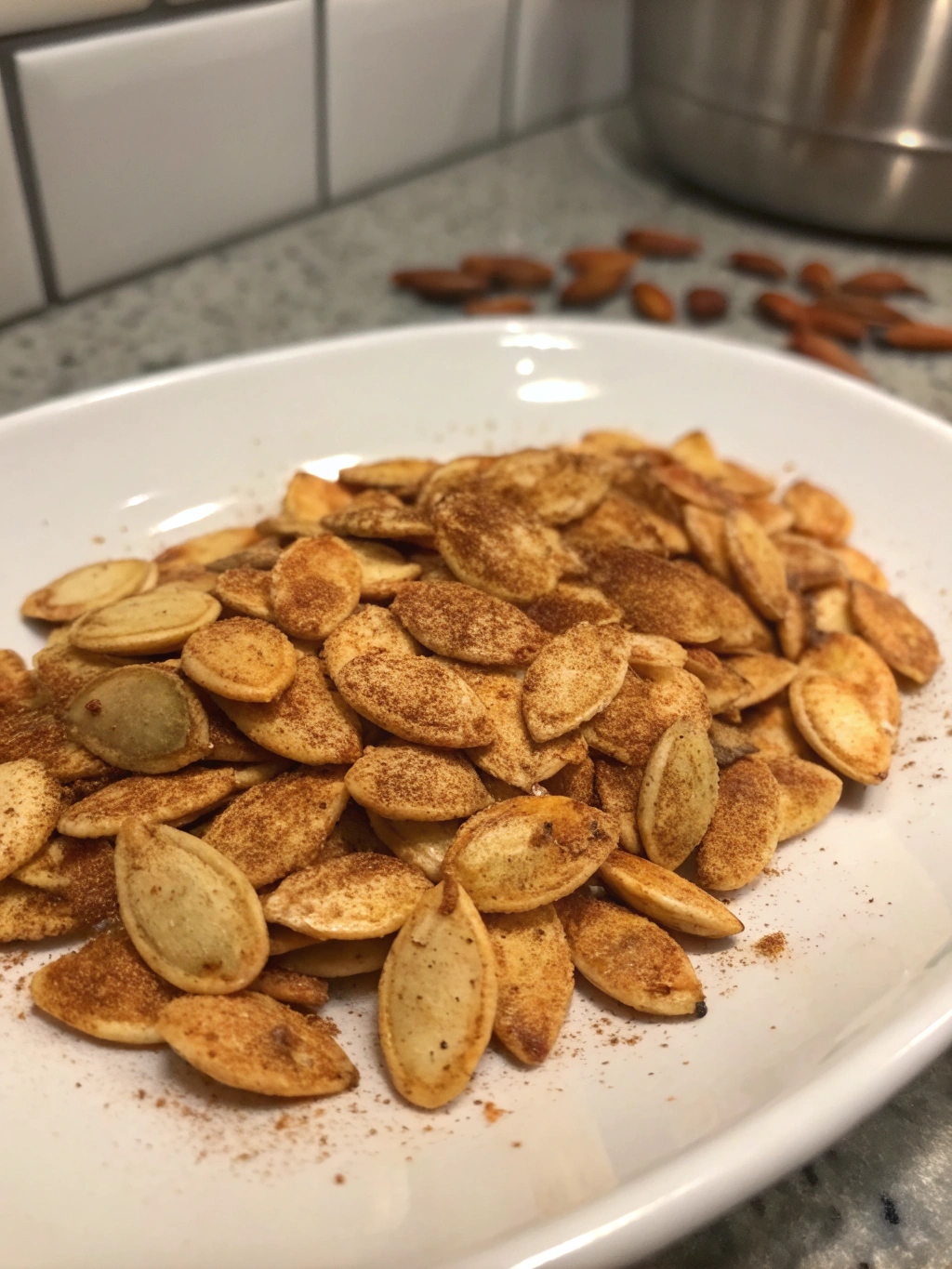Eggs and cottage cheese have long been dietary staples across cultures and cuisines. Known for their versatility and impressive nutritional profiles, these two foods have stood the test of time as valuable additions to meals and snacks. Whether you’re crafting a hearty breakfast, a post-workout snack, or a quick lunch, eggs and cottage cheese provide an abundance of nutrients that cater to a wide range of dietary needs.
Nutritional Profile of Eggs
Macronutrient Breakdown of Eggs
Eggs are a well-balanced source of macronutrients, offering:
- Protein: A medium-sized egg contains about 6 grams of high-quality protein, providing all nine essential amino acids.
- Fats: Approximately 5 grams of fats, mainly unsaturated, contribute to heart health. The yolk contains omega-3 fatty acids in certain egg varieties.
- Carbohydrates: Eggs are virtually carb-free, with less than 1 gram per serving.
This macronutrient profile makes eggs ideal for energy and muscle repair without excessive calorie intake.
Essential Vitamins and Minerals in Eggs
Eggs are nutrient-dense and deliver a variety of essential vitamins and minerals:
- Vitamins:
- Vitamin D: Supports bone health and immune function.
- Vitamin A: Enhances vision and skin health.
- B Vitamins: Including B12, riboflavin, and folate, which aid energy production and red blood cell formation.
- Minerals:
- Selenium: Acts as an antioxidant.
- Phosphorus: Important for bone and teeth strength.
- Iron: Aids in oxygen transport throughout the body.
Eggs also contain choline, which is crucial for brain health and fetal development during pregnancy.
The Role of Eggs in Muscle Building
Eggs are a favorite among athletes and fitness enthusiasts for muscle building due to their:
- High-Quality Protein: The amino acids in eggs promote muscle repair and growth.
- Leucine Content: This essential amino acid plays a significant role in muscle protein synthesis.
- Digestibility: Eggs are easy to digest, making their nutrients readily available to the body.
Adding eggs to a post-workout meal can accelerate recovery and enhance lean muscle mass development.
Nutritional Profile of Cottage Cheese
Macronutrient Breakdown of Cottage Cheese
Cottage cheese is celebrated for its exceptional protein content, with approximately:
- Protein: 14 grams per half-cup serving, primarily from casein.
- Fats: 4–5 grams, depending on the fat content of the variety (low-fat options are available).
- Carbohydrates: About 3–5 grams, mostly from lactose.
Low-calorie and nutrient-rich, it’s an excellent option for maintaining energy balance.
Benefits of Casein Protein in Cottage Cheese
Casein protein provides a unique advantage over other protein sources due to its:
- Slow Digestion: Casein releases amino acids gradually, ensuring prolonged muscle repair and growth, especially beneficial overnight.
- Satiety: Its slow-digesting nature helps keep you full for longer, aiding in weight management.
- Amino Acid Profile: Like eggs, cottage cheese provides all essential amino acids, crucial for muscle maintenance.
Cottage Cheese and Digestive Health
Certain varieties of cottage cheese contain probiotics, which offer digestive health benefits:
- Gut Microbiome Support: Probiotics foster a healthy balance of gut bacteria, improving digestion and nutrient absorption.
- Ease of Digestion: Even without probiotics, cottage cheese is often well-tolerated by those sensitive to lactose, particularly in low-lactose options.
Combining high protein content with potential gut health benefits, cottage cheese is a versatile and nourishing food for a healthy diet.
Essential Recipes Ingredients
Cottage Cheese and Egg Breakfast Scramble
A quick and nutritious breakfast:
- Whisk 2 eggs with a pinch of salt and pepper.
- Heat a non-stick skillet and add a tablespoon of olive oil or butter.
- Pour the eggs into the skillet and stir gently until slightly set.
- Add 1/4 cup of cottage cheese and mix until creamy and fully cooked.
- Garnish with chopped chives or spinach for extra flavor and nutrients.
Egg and Cottage Cheese Pancakes
Protein-packed pancakes for a healthy start:
- Blend 2 eggs, 1/2 cup of cottage cheese, and 2 tablespoons of oats until smooth.
- Heat a skillet over medium heat and grease lightly.
- Pour small amounts of batter onto the skillet to form pancakes.
- Cook until bubbles form on the surface, then flip and cook until golden.
- Serve with fresh fruit or a drizzle of honey.
Quick Snack Ideas with These Ingredients
- Egg and Cottage Cheese Dip: Mix cottage cheese with a boiled, chopped egg, season with herbs, and use as a dip for veggies.
- Deviled Egg Cups: Halve boiled eggs, scoop out yolks, and mix with cottage cheese and mustard for a healthier filling.
- Protein Bowl: Combine cottage cheese, sliced hard-boiled eggs, avocado, and cherry tomatoes for a quick snack.
Potential Drawbacks to Consider
Allergies and Intolerances
- Egg Allergy: Common in some individuals, leading to reactions such as hives or gastrointestinal discomfort.
- Lactose Intolerance: Cottage cheese contains lactose, which may cause bloating or discomfort in sensitive individuals.
Choose alternatives like lactose-free cottage cheese or egg substitutes if you have sensitivities.
High Cholesterol Concerns with Eggs
Egg yolks contain cholesterol, raising concerns for those with high cholesterol levels. However:
- Studies show that moderate egg consumption does not significantly affect heart disease risk in most people.
- Individuals with specific health conditions should consult a healthcare provider about dietary cholesterol.
Sodium Content in Cottage Cheese
Cottage cheese can be high in sodium, which may impact blood pressure.
- Tip: Opt for low-sodium varieties or rinse cottage cheese in water to reduce salt content.
Sustainable and Ethical Choices
Free-Range and Organic Eggs
- Free-Range: Ensures hens have outdoor access, promoting better welfare.
- Organic: Hens are fed organic feed without antibiotics or hormones, and farming practices are environmentally friendly.
Choose eggs with certifications such as USDA Organic or Certified Humane for ethical options.
Eco-Friendly Dairy Practices
- Support brands that use sustainable farming techniques, such as reducing water usage or minimizing greenhouse gas emissions.
- Look for cottage cheese made with milk from farms that prioritize animal welfare and environmental conservation.
By making informed choices, you can enjoy eggs and cottage cheese while supporting sustainability and ethical practices.

Conclusion
Summary of Nutritional and Health Benefits
The eggs and cottage cheese are nutrient-dense foods that offer exceptional health benefits. Rich in high-quality proteins, essential vitamins, and minerals, they support muscle growth, weight management, and overall well-being. Combining them enhances their individual strengths, creating meals that are both satisfying and nutritious.
These versatile foods fit into various diets, including ketogenic, high-protein, and balanced meal plans. Whether enjoyed together or separately, eggs and cottage cheese are excellent choices for maintaining a healthy and wholesome diet.
Encouragement to Try Eggs and Cottage Cheese in Daily Meals
Incorporating eggs and cottage cheese into your daily meals is a simple and delicious way to enhance your nutrition. From quick breakfast options to creative snacks and versatile main dishes, they cater to a variety of tastes and dietary needs. Embrace the benefits of these nutritional powerhouses and start experimenting with recipes to make them a staple in your kitchen!
To further explore the versatility and nutritional potential of eggs and cottage cheese, check out the Cottage Cheese Breakfast Recipe for a creative way to start your day with a protein boost. For additional inspiration, consider integrating eggs into recipes like the Crescent Roll Breakfast Recipe or experimenting with savory options such as the Ground Beef Breakfast Recipe. These ideas can complement your meals and diversify your approach to incorporating these two powerhouse ingredients into your diet.
Frequently Asked Questions About Eggs and Cottage Cheese
Are Eggs and Cottage Cheese Suitable for Vegetarians?
Yes, both eggs and cottage cheese are suitable for lacto-ovo vegetarians, who consume dairy and eggs but avoid meat and fish. However, they are not appropriate for vegans, as both are animal-derived products.
Can You Eat Them Every Day?
- Eggs: Moderate daily consumption is generally safe for most people. Studies suggest that up to one egg per day is unlikely to increase heart disease risk in healthy individuals.
- Cottage Cheese: It can be consumed daily, but choose low-sodium varieties if you’re concerned about salt intake.
Consult a healthcare provider if you have specific dietary restrictions or health concerns.
What Are the Best Ways to Incorporate Them Into Meals?
- Breakfast: Scrambled eggs with cottage cheese or egg-and-cottage cheese pancakes.
- Snacks: Boiled eggs paired with a dollop of cottage cheese or a protein bowl with both ingredients.
- Lunch/Dinner: Add cottage cheese to egg-based casseroles or top salads with sliced eggs and a side of cottage cheese.
Their versatility makes it easy to include them in meals across all times of the day!








